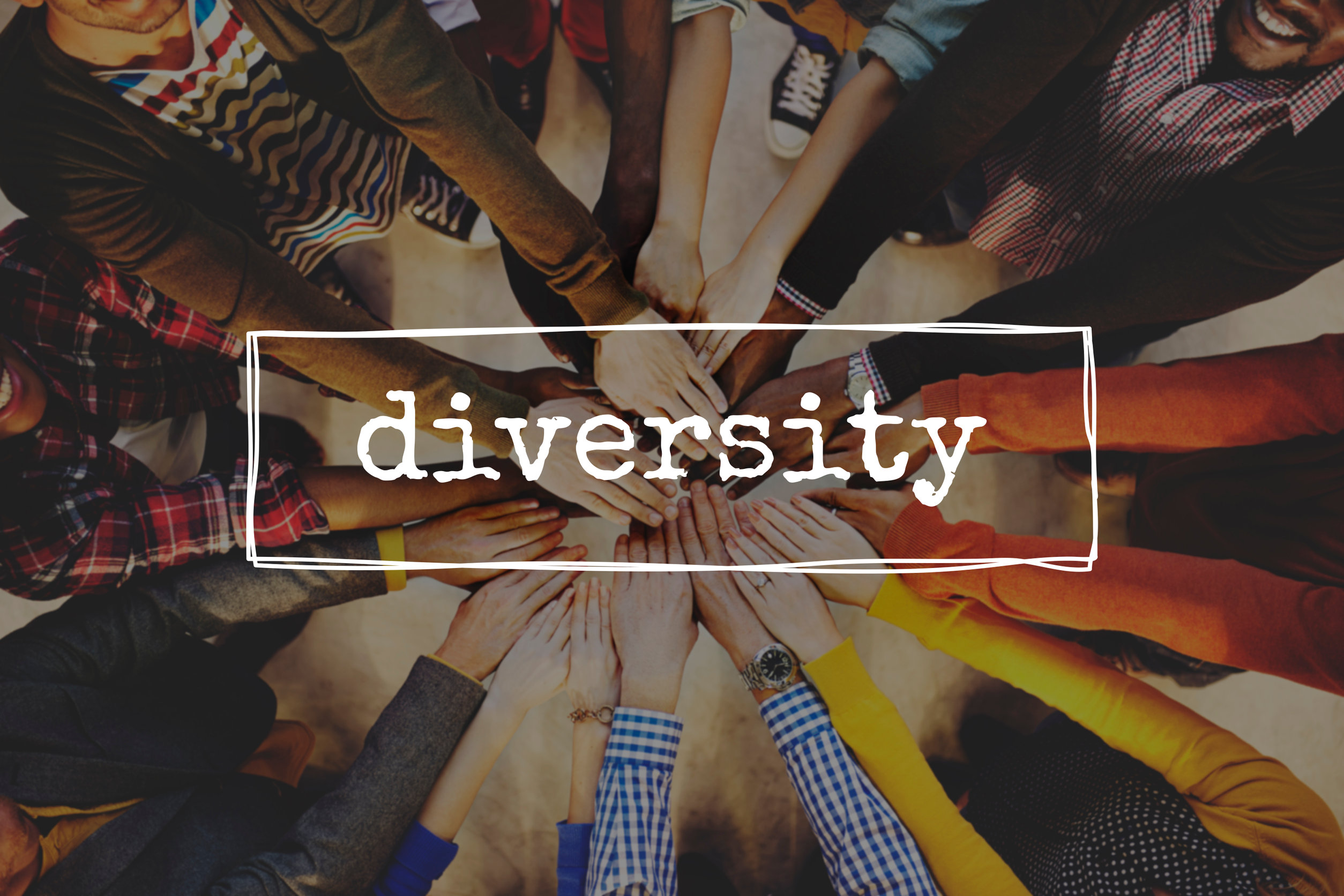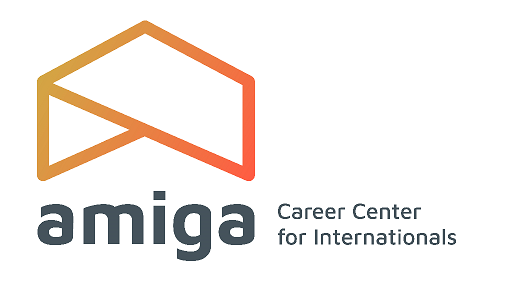Diversity Management in companies: Cultural Diversity as a Chance
Marcelo Costa e Silva + Susanne Nguyen
Publish on : 10 -06-2022

Whether international football teams, orchestral ensembles or world-class research groups – in many areas it is a matter of course to put together teams whose members come from different parts of the world. And even in the globally networked economy, intercultural teams are becoming more and more part of everyday life. This development is pushed by the shortage of skilled workers in many sectors. We have summarized which factors companies should consider when recruiting international specialists and junior staff and where there is still untapped potential.
Diversity generates added value.
A current KOFA study (1) shows that more than every second company in Germany currently employs people with a migration background or has employed them in the last three years. This number sounds promising, because the advantages and positive effects for companies actually lie in the compilation of their teams pay attention to cultural diversity, obvious:
- Companies receive target group-specific information and can, for example, provide better service/offers in customer loyalty. This is confirmed in the study: every third company states that by employing people with a migration background they are more successful in addressing international customers.(1)
- Culturally heterogeneous teams are often considered to be more creative and have stronger problem-solving skills than homogeneous teams.2 To paraphrase Walter Lippmann: “If everyone thinks the same thing, nobody thinks anymore.”
- Know-how, experience and personal networks are greater and more broadly based in intercultural teams than in homogeneous teams. This often results in greater development potential for the business.
Ultimately, from a company perspective, employing people from different countries and cultures pays off and contributes to a strong employer brand that is well positioned in terms of diversity and social responsibility and is therefore attractive.

Marcelo: “Internationals often use their personal networks to recommend vacancies and act as ambassadors for other international applicants. The diversity in a company can therefore have a strong signal effect on potential applicants.”
Where is there still untapped potential?
However, it is also part of reality that the proportion of internationals is not the same in every company and in every industry. The KOFA study (1) also reveals:
- Sector: Companies that are affected by the shortage of skilled workers more often employ people with a migration background.
- Company size: Small companies employ about the same proportion of people with a migration background as medium-sized and large companies. But that still means that when it happens, especially in small companies, no people with a migration background are employed at all.
- Visibility: Many companies would like to hire more people with a migration background, but often do not receive enough applications.
What is left for companies to do?
- Establish an open corporate culture: Everyone involved should be willing to learn new things. This demands a lot from all team members, no matter how long they have been there – especially when very different personal ideas come together. (2) Employees should develop mutual understanding, talk to each other, approach problems constructively, put themselves in the position of others and resolve conflicts in the long term – in intercultural trainings, for example, employees are made aware of how to deal with cultural diversity. Of course, this also applies to executives and company management, who play a key role as multipliers and role models.(1)
- Strong signal effect: For companies who already had experience with international employees, it is easier to find and recruit new international applicants. Internationals often use their personal networks to recommend vacancies and act as ambassadors for other international applicants. The diversity in your company can therefore have a strong signal effect on potential applicants.
- Operational measures to promote cultural diversity: According to the KOFA study(1), more than every third company promotes cultural diversity by forming culturally mixed work teams. Many companies are willing to make concessions to their employees with a migration background, e.g. for religious celebrations or a meatless canteen meal.
- Language and further training programmes: In general, employees with a migration background are most often supported by further training measures, language support offers and the promotion of informal encounters, such as e.g. Team events.
- International opening in recruiting processes: e.g. Foreign professional qualifications are often difficult for companies to assess and it is therefore hard to judge the actual specialist knowledge of the applicants. There is a lot of information about the foreign education systems that companies should use in the application process. (3) When recruiting, it would be just as important to write the job advertisements in English for positions in Germany. This significantly increases the chances of receiving applications from international specialists.
International recruiting, securing skilled workers and labor market integration are the core issues at amiga for companies. For this we rely on a strong network of partners, such as the Munich universities, the employment agency, the IHK Munich and Upper Bavaria. We see ourselves as a sparring partner for your employer branding, recruiting and CSR activities.
***
About the guest author:
Marcelo Costa e Silva, Market Manager Retail Training, automotive industry and amiga business expert: “The wonderful thing about this excellent initiative is the chance to share my own many years of professional experience as well as my own experience as a former international student, since I was in the same situation 30 years ago . And as an interculturalist, I understand the codes of the German working world.”
Sources:
(1) KOFA-Studie 3/2020: Kulturelle Vielfalt in Unternehmen, Erfahrungen, Herausforderungen und Erfolgsfaktoren. https://www.total-e-quality.de/media/uploads/kulturelle_vielfalt_in_unternehmen_3_2020.pdf
(2) TK.de : Gut fürs Unternehmen: eine neue Unternehmenskultur etablieren, https://www.tk.de/firmenkunden/service/gesund-arbeiten/betriebliche-gesundheitsfoerderung/kulturelle-vielfalt/eine-neue-unternehmenskultur-etablieren-2035660?tkcm=aaus
(3) Fachkräfte aus dem Ausland: https://www.bq-portal.de/Anerkennung-f%C3%BCr-Betriebe/fachkraefte-aus-dem-ausland
More stories by Internationals
Get ahead professionally with an amiga Job Buddy and learn from each other culturally
Jamila came to Germany from Afghanistan in 2019 - in her luggage: a package of womanpower, with a bachelor's and master's degree and a lot of professional experience. However, the path in Germany is rocky for all those who are not familiar with the German job market. With the help of Job Buddy Dastin S., Jamila makes her way through the Munich job and career jungle and exchanges ideas with the expert in the field of (further) education and media psychology.
The Perfect Match: Driving your Career with a Job Buddy
When Gabriele M. went from Milan to Munich in summer of 2021, he came for love: he followed his wife who settled here for professional reasons. At this time, Corona still had a big impact on personal life, that’s why looking for a job was not quite easy...
Test Artikel für Highlight Modul
Lorem ipsum dolor sit amet consectetur adipiscing elit. Author John Doe Published on: 04.05.2022 Lorem ipsum dolor sit amet, consectetur adipiscing elit.



